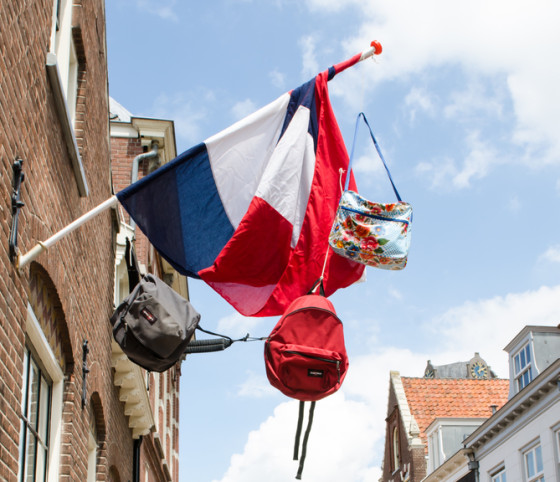Parents urged to stop pressuring children to avoid vocational schools

Education minister Arie Slob is warning parents not to put too much pressure on their children to avoid going to vocational schools (vmbo).
‘The vmbo is not a repository for children who cannot go to pre-college or pre-university secondary schools,’ he said in an interview with the AD. ‘It is not education for the left-overs.’
There is a feeling that vocational training is ‘not good enough’ and that children should be pressured into reaching higher levels. But society needs people with practical skills and demand for them is only growing, Slob said.
‘School children are suffering from stress,’ he said. ‘It is a subject which does not get much attention but it is something we should be concerned about, and that goes for me as minister as well.’
‘If, as a parent, you force your child upwards by saying that you have to go to a higher stream, you are not creating a happy child,’ he said.
Streaming
In the main, Dutch pupils are divided into pre-university (vwo), pre-college (havo) and vocational training (vmbo) streams at the age of 12 but an increasing number of schools only offer one type of education.
This means later developers have to change schools in order to move up a stream. Pupils are placed in a secondary school stream based on their primary school teachers’ opinions and national tests.
Some 54% of 12-year-olds currently go to vmbo schools, while 22% are in pre-university streams and 24% in pre-college streams. The proportion of vmbo pupils has been declining in recent years.
Inequality
The pressure to avoid vmbo schools led school inspectors in 2016 to say there is an ‘unacceptable’ inequality in Dutch secondary schools and the children of well-educated parents are scoring better in final exams than children of equal intelligence from more disadvantaged backgrounds.
For example, well-educated parents are more involved in the choice of school and invest money in tutors, homework classes and training in exam techniques. Their children are also more likely to be labelled dyslexic or as having adhd, which also entitles them to extra teaching time, the inspectors said.
Thank you for donating to DutchNews.nl.
We could not provide the Dutch News service, and keep it free of charge, without the generous support of our readers. Your donations allow us to report on issues you tell us matter, and provide you with a summary of the most important Dutch news each day.
Make a donation